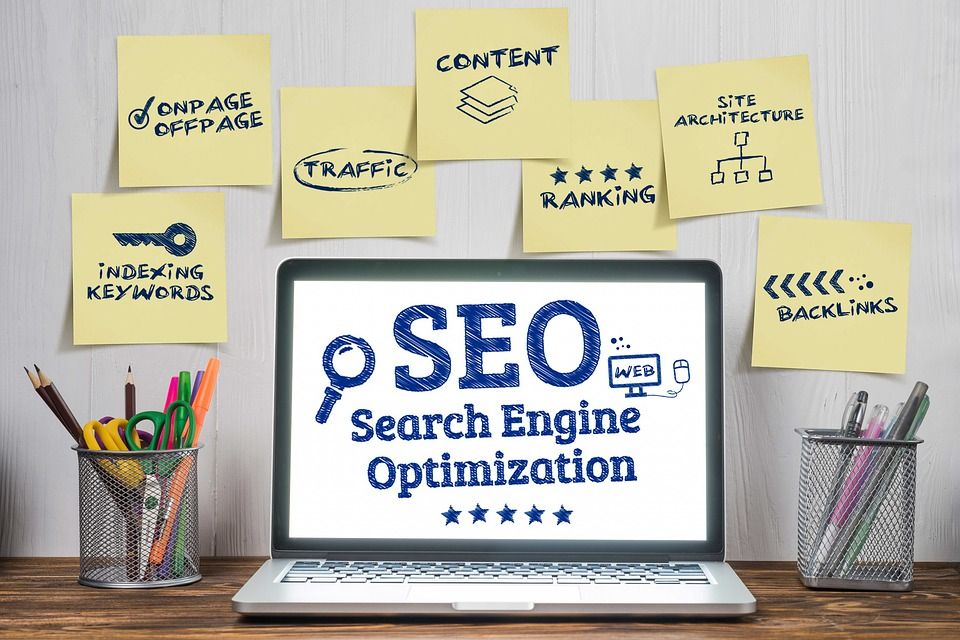
The sad truth about SEO is that most people do it the wrong way. Then they don’t get the desired results. And then they complain, “SEO is dead.”
But search engine optimization, if done the right way with an SEO expert or digital marketing agency, can still work wonders for your online presence. So what do the experts do differently? In most cases, what sets them apart from others is their ability to avoid certain SEO myths. Without further ado, let’s debunk some of those myths.
1. The title and meta-description don’t really matter
A title tag is exactly how it sounds like. It is the headline of a search result. On the other hand, a meta description is a short summary of the web page that appears just below the link of a search result. In theory, the title tag and meta description do not influence search rankings, but they still matter.
For instance, if you insert the main keyword in the title tag and meta description, it helps Google know what information is available in the webpage/website. Plus, a well-written meta description could help persuade the reader to click and visit the webpage. That way, it also helps with SEO.
2. SEO is a one-time venture
On the contrary, SEO is actually a long-term game. Granted, SEO can sometimes help improve your search ranking within a few weeks. However, if you want to sustain the good results, you need to put constant efforts that’s what an SEO consultant do.
For instance, not refreshing your content for some time can result in link rot and hamper your overall search ranking.
3. Keyword research is not important
Keywords are still important for SEO, although the way you use keywords should change. Without proper keyword research, you may end up optimizing your content with wrong keywords – the ones that have low search volumes or are difficult to rank for.
However, just using the right keyword isn’t enough. You should also consider the search intent behind a keyword or key phrase.
The post Debunking 3 SEO Myths first appeared on Dynamic Marketing.
from Dynamic Marketing https://www.dynamicmarketing.sg/blog/debunking-3-seo-myths/
via Dynamic Marketing




